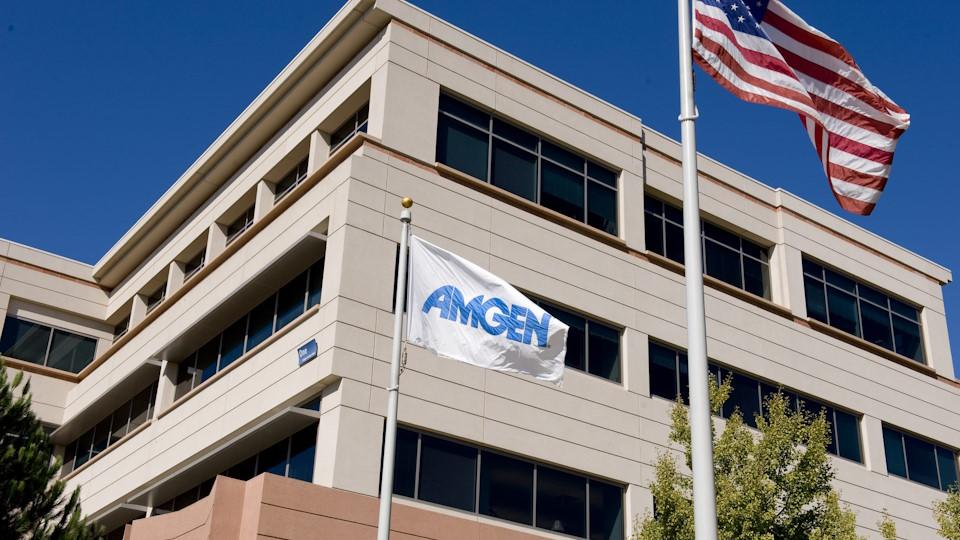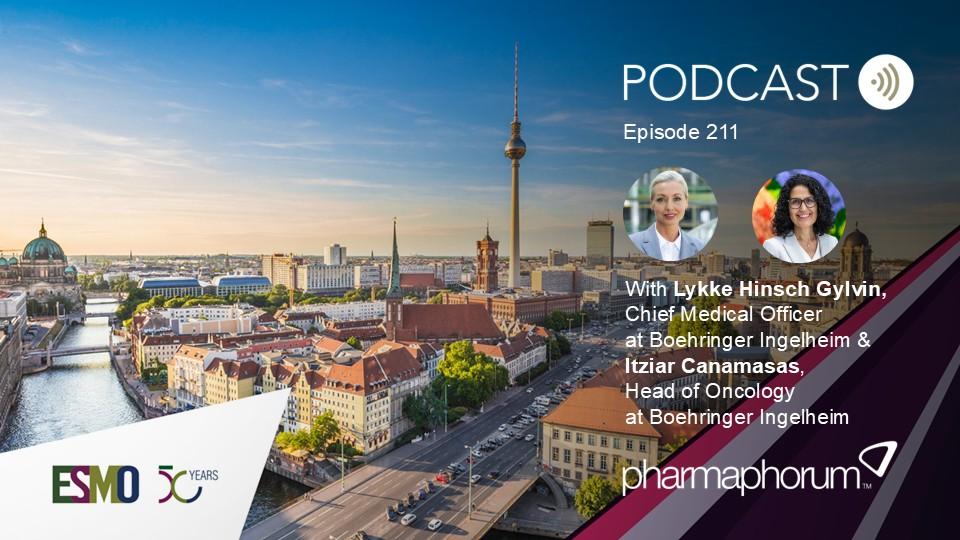Amgen adds BiTE to its cancer range as FDA clears Imdelltra

Amgen has doubled its range of bispecific T-cell engager (BiTE) drugs with the FDA approval of tarlatamab for advanced small cell lung cancer (SCLC) after a priority review.
Tarlatamab has been approved under the Imdelltra trade name for the treatment of adults with extensive-stage SCLC with disease progression on or after platinum-based chemotherapy. It joins Amgen’s Blincyto (blinatumomab) BiTE for acute lymphoblastic leukaemia (ALL), which was launched almost a decade ago.
BiTE drugs are designed to engage the immune system against cancer by bringing T-cells and cancer cells into close proximity. In the case of tarlatamab, the molecule binds to CD3 receptors on T-cells and DLL3 on SCLC cells, and it is the first drug in the anti-DLL3 class to be approved for marketing, as well as the first BiTE for a solid tumour.
The FDA has approved Imdelltra on the strength of the 220-patient phase 2 DeLLphi-301 study, which showed a 40% objective response rate (ORR), a median duration of response of 9.7 months, and a median overall survival (OS) of 14.3 months in patients treated with a 10mg dose of the drug. A higher 100mg dose was associated with lower efficacy and also much higher toxicity.
Imdelltra does have safety issues, with one patient in the 10mg arm of the study dying of respiratory failure, and the FDA has approved the drug with a boxed warning for cytokine release syndrome and neurologic toxicities, including immune effector cell-associated neurotoxicity syndrome (ICANS).
Blincyto is also prone to causing neurological toxicity, which may be severe, life-threatening, or fatal. However, that has not stopped it from growing since launch to reach sales of $861 million last year, with a recent acceleration spurred by approval for B-cell ALL with minimal residual disease.
Amgen’s chief scientific officer, Jay Bradner, said the approval is a “pivotal moment” for SCLC treatment offering “a transformative option demonstrating long-lasting responses in pretreated patients.” Less than 3% of extensive-stage SCLC patients live longer than five years with current therapies.
The company has priced the drug at an anticipated total cost per patient of $166,500 based on a median duration of treatment of 5.5 cycles. Analysts have suggested it could reach annual sales of $2 billion if it also gets approval for patients with limited-stage SCLC who have not progressed following chemoradiation therapy. The accelerated approval is conditional on a confirmatory study.
Prospects for DLL3 as a target were looking shaky in 2019 when AbbVie abandoned the development of Rova-T, an anti-DLL3 antibody-drug conjugate, after a phase 3 failure in SCLC, and Imdelltra’s approval will embolden other companies working in the area.
That includes Boehringer Ingelheim with BI 764532, a CD3xDLL3 bispecific that has been fast-tracked by the FDA for advanced or metastatic DLL3-expressing large-cell neuroendocrine carcinoma (NEC) of the lung, as well as Harpoon Therapeutics’ trispecific drug HPN328, which binds to DLL3, CD3, and albumin and is in a phase 1/2 trial in neuroendocrine prostate cancer (NEPC) and other neuroendocrine neoplasms (NEN). Amgen, meanwhile, is also testing Imdelltra in a phase 1 trial in NEPC.













